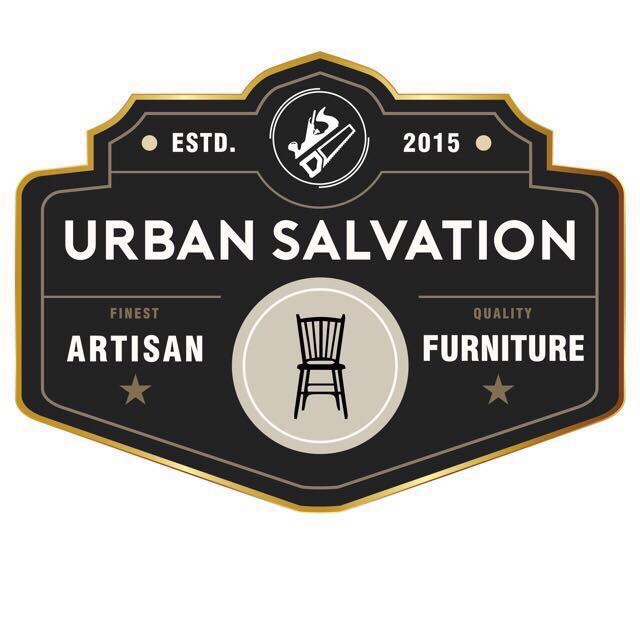Dendro-series! Tree of the month: African mahogany
- Ahmad Habshee
- Jul 28, 2021
- 3 min read
[ Hanafiee Azlee, 28 July 2021 ]
So, what’s dendro-series? Dendro-series derived from a term called dendrology series. Dendrology is the study of wooded plants. It is derived from two Greek words meaning trees and discourse or study, or the study of trees. In this series, I will be explaining to readers the characteristic of the selected trees and what they can be used for in our daily lives! It will be like an informative blog for nature enthusiasts and people who are just curious about trees!

As someone who would like to spread environmental awareness, I believe it is important for me to talk about the building blocks of many forests that we can see in our daily lives. Trees play a huge part in mitigating climate change, providing us natural sources and purify the air that we are inhaling. They filter water, air, and sunlight. They provide shelter to animals and recreational spaces for people. Trees are critical beings as they cool down the urban heat island effect and absorb pollutants that potentially reduce the number of unhealthful ozone. Henceforth, I have decided to make a whole series talking about trees and further spread words of the wise. I guess it is time for people to know what these big guys can do.
African mahogany, A.K.A Khaya nyasica

This African native tree species thrive well in tropical areas. It can grow as tall as 30 – 35 meters tall in height. That is even taller than the elevated hill found in Jubilee Park in Fort canning park! The trunk is straight and tall, protected with dark brown bark that exceeds 1 meter. If you guys ever need a hug, just go to one of these guys. Their trunk is so huge that it can be made into a one-piece dining table of approximately 2 meters x 0.8 meters with a thickness of 0.7 millimeters. This tree is known to many carpenters for its durability and colors.

Every tree consists of Sapwood and Heartwood.
Sapwood is the living, outermost portion of a woody stem or branch, while the heartwood is the dead, inner wood, which often comprises the majority of a stem’s cross-section. You can usually distinguish sapwood from heartwood by its lighter color. For African mahogany, its sapwood is yellowish-brown. Heartwood is pink when freshly sawn, turning pink-brown or dark brown when exposed. The wood of African mahogany is easy to glue and handle and it doesn’t contain any characteristic odor. You can find mahogany wood in any carpenter shop. You can definitely find one here in Urban Salvation. My boss loves it.

Aside from wood making, the bark and roots of African mahogany were used to treat colds and cough long before western medicine came. You can still find ground bark of African mahogany, that commonly sells in tea bags or ground powder, in any eastern medicinal shop.
African mahogany fruits consist of natural supplements that can benefit our bodies. Back then, people would grind mahogany’s seeds into powder and mix them with water. Thank God we don’t have to go through the hassle today as we can find them in capsule forms, as a dietary supplement. The nutrients from mahogany seeds help with improving blood circulation. Saponins, one of the organic compounds found in mahogany seeds, are known to stabilize one’s blood sugar and improve one’s heart health. The ground seeds are known to be natural insect repellent. Keep the bugs away from your houses!
Would I, personally, consider African mahogany wood to be used for my furniture? Let just say it would be my loss if I were to not consider it at all. African mahogany wood is so beautiful. The color is so breath-taking and appealing to the eyes. Crazy to think that it is all mother nature’s work. She doesn’t need anyone’s help to construct and fabricate natural material. Knowing African mahogany durability, I would proudly purchase a big slab of mahogany woods and use it for my dining table.
So, as you can see the beauty of African mahogany; from the durability of the wood to the functionality of its fruits, certainly gives us the resources for us to live. What more do we need? Nature is self-sufficient.
Photos taken by Hanafiee Azlee
Location: Guillemard Road Open Space



Comments